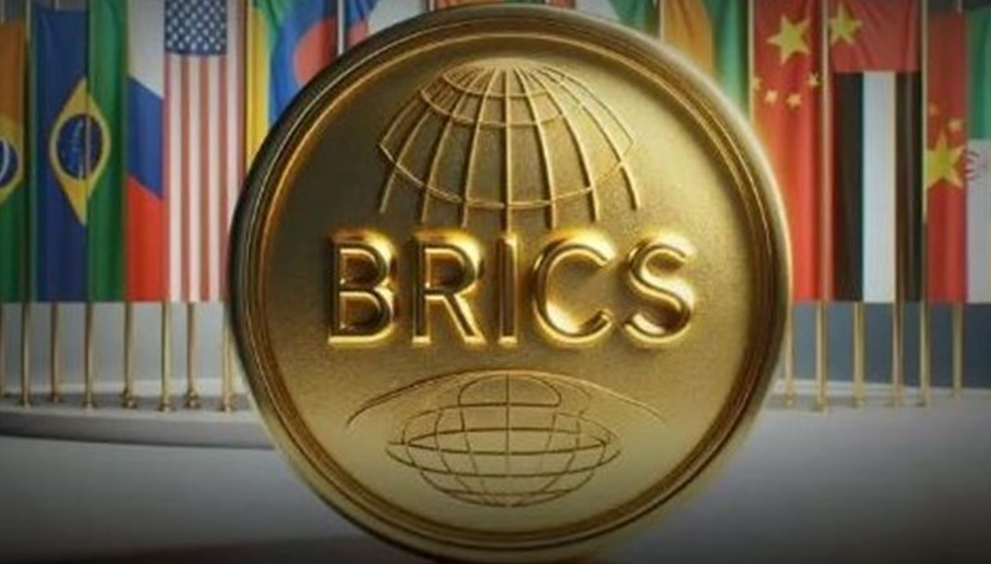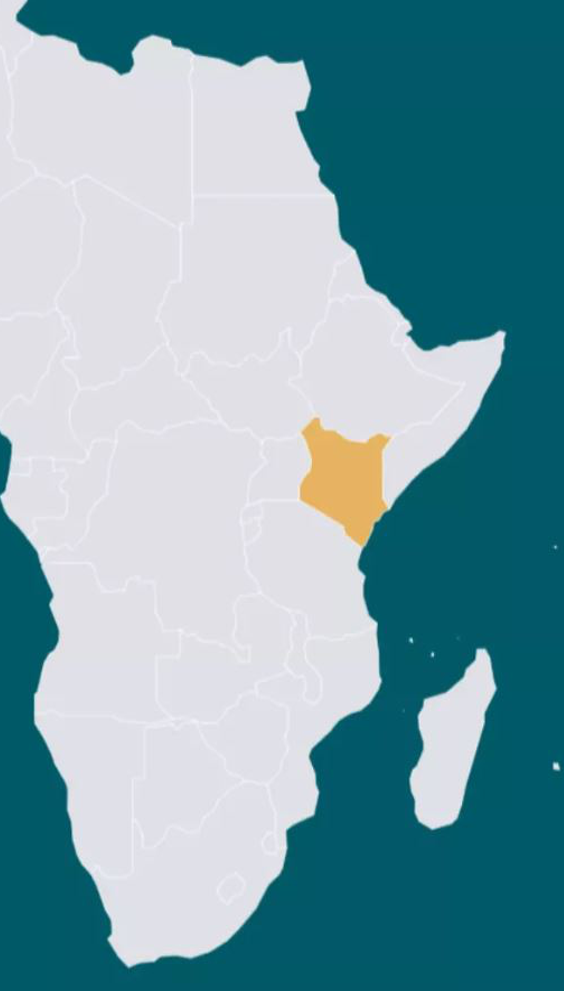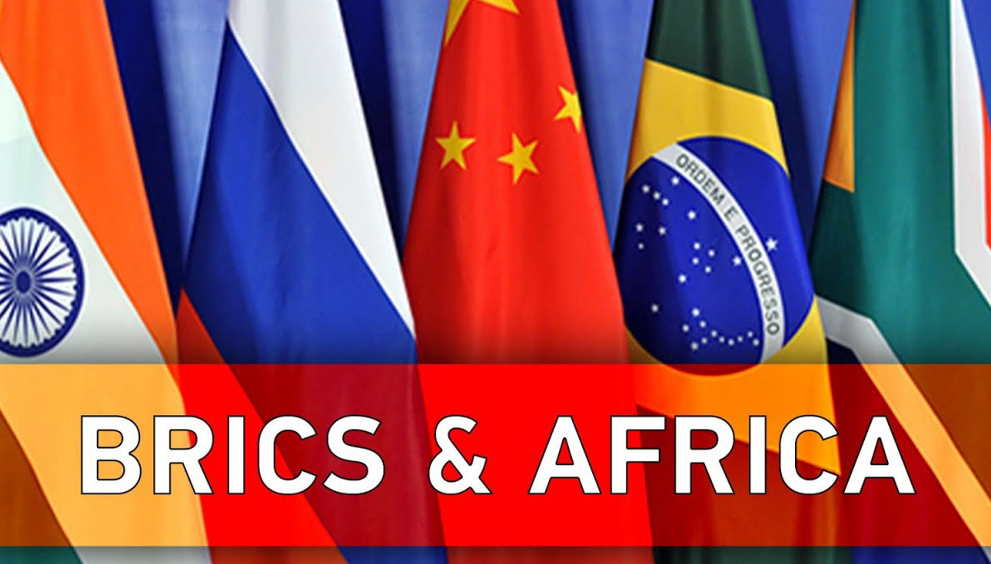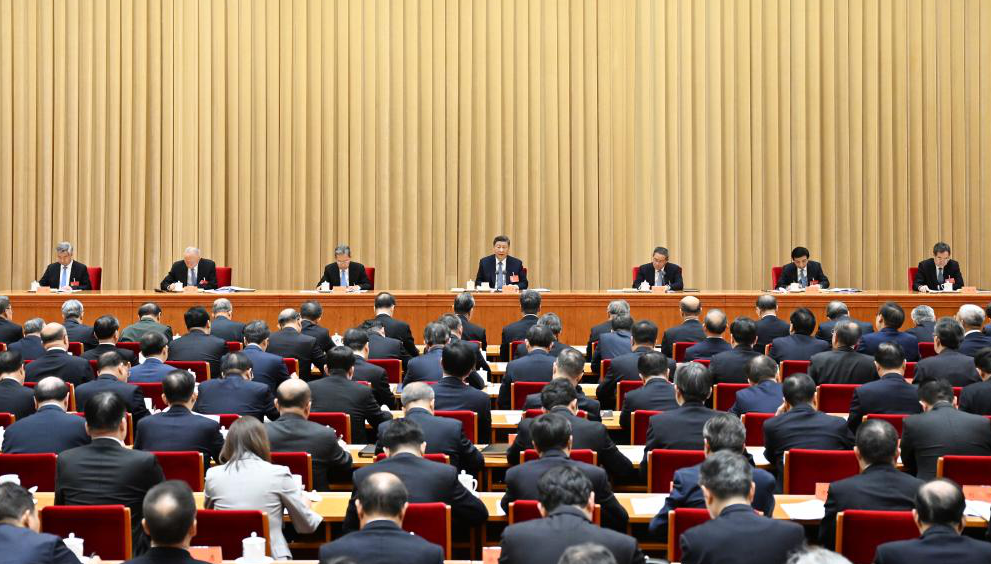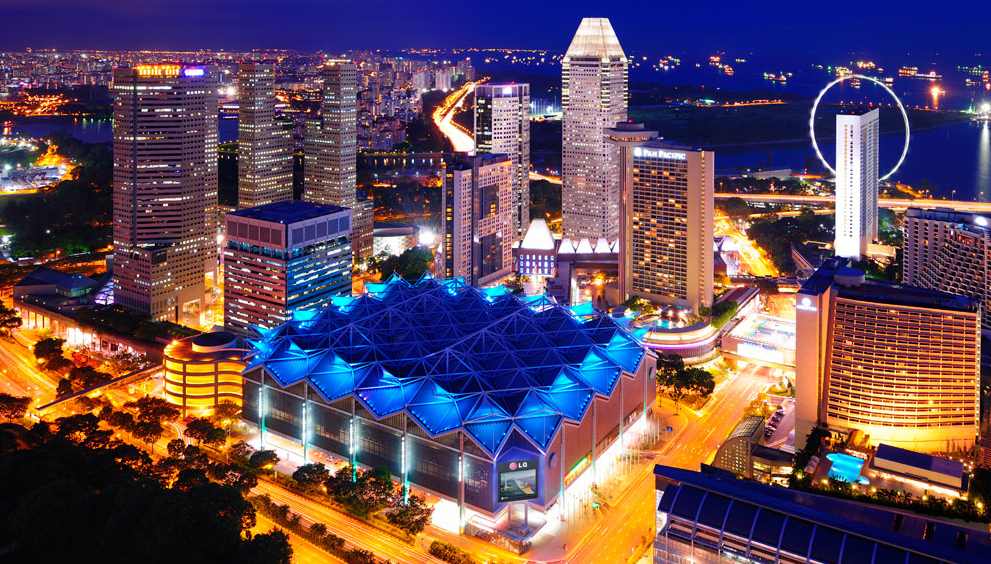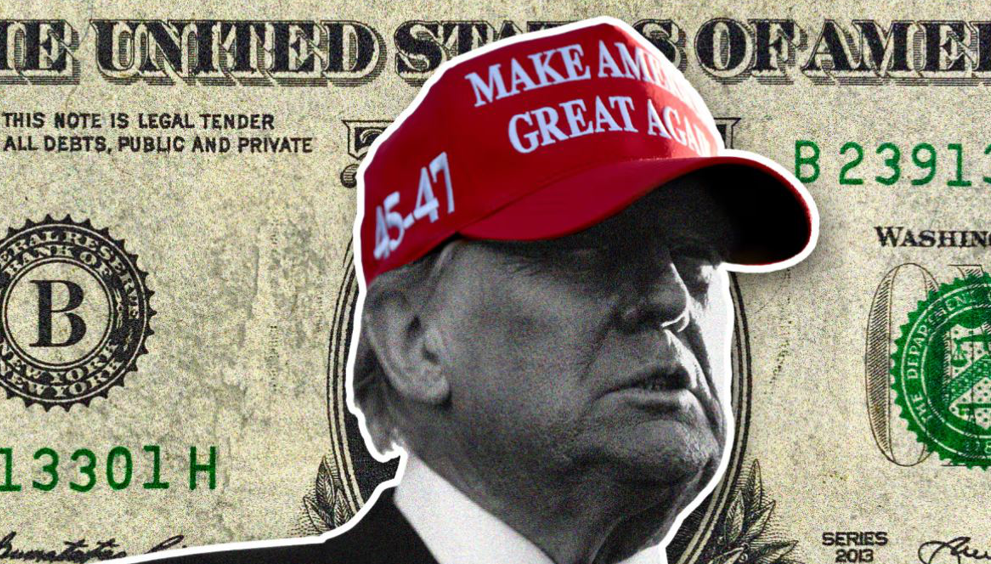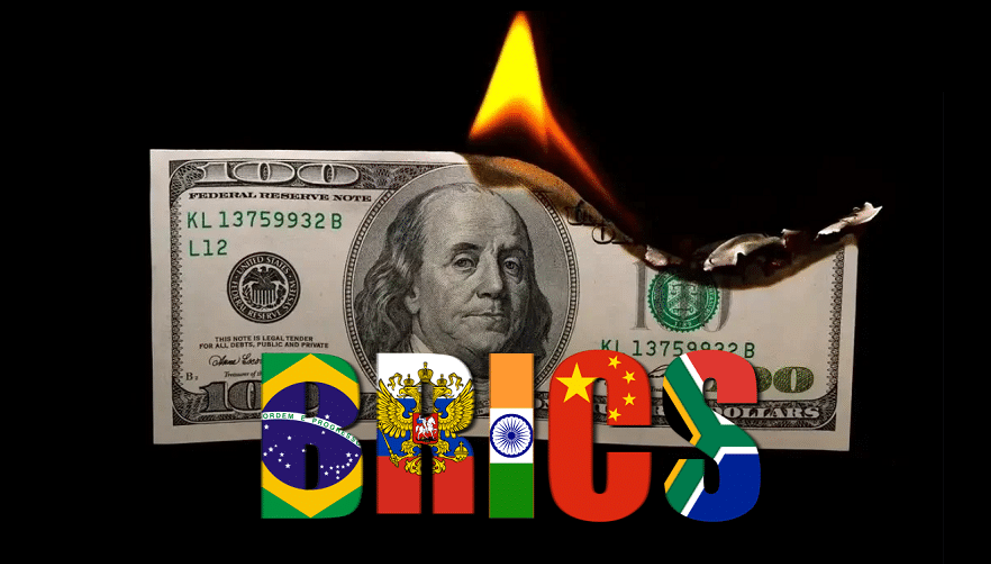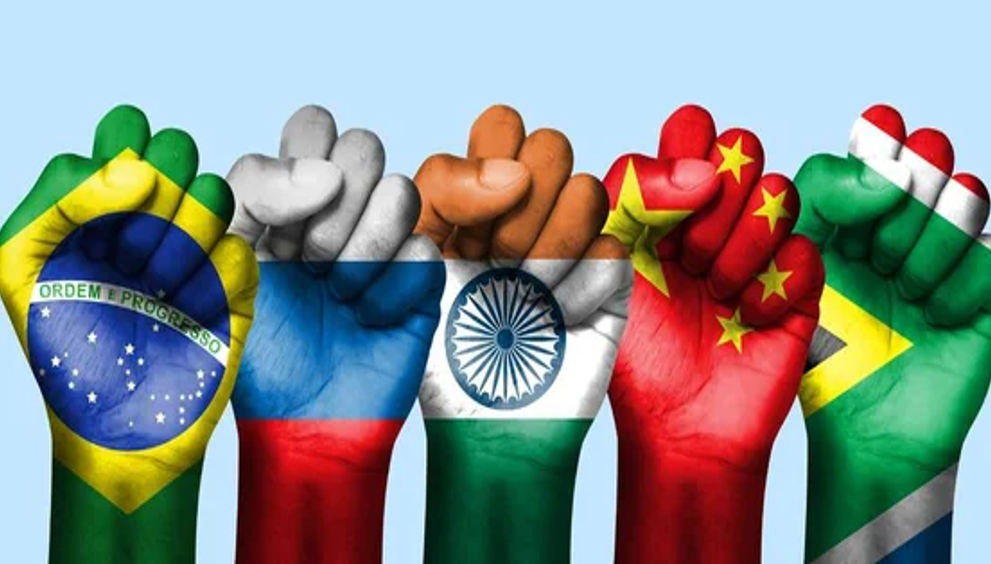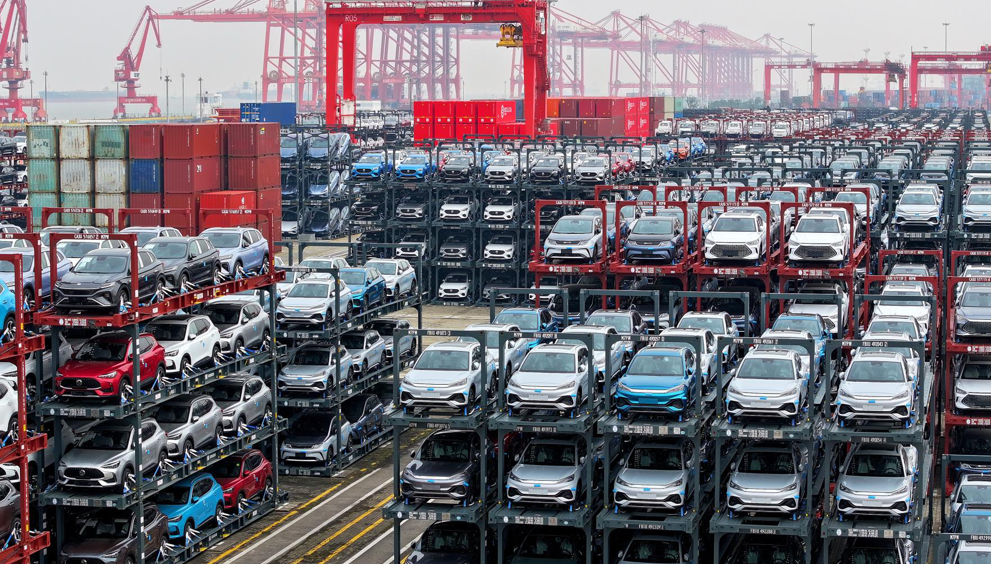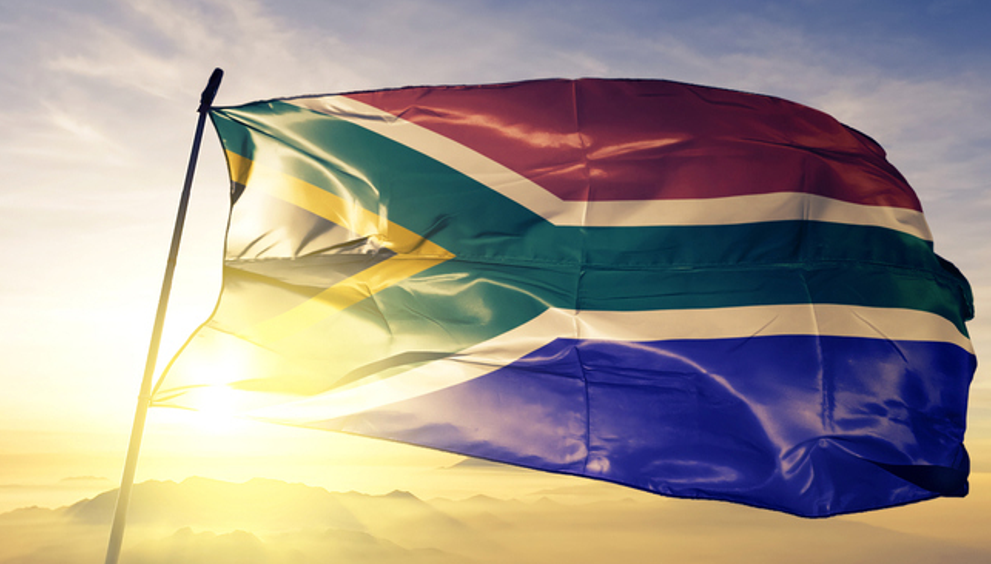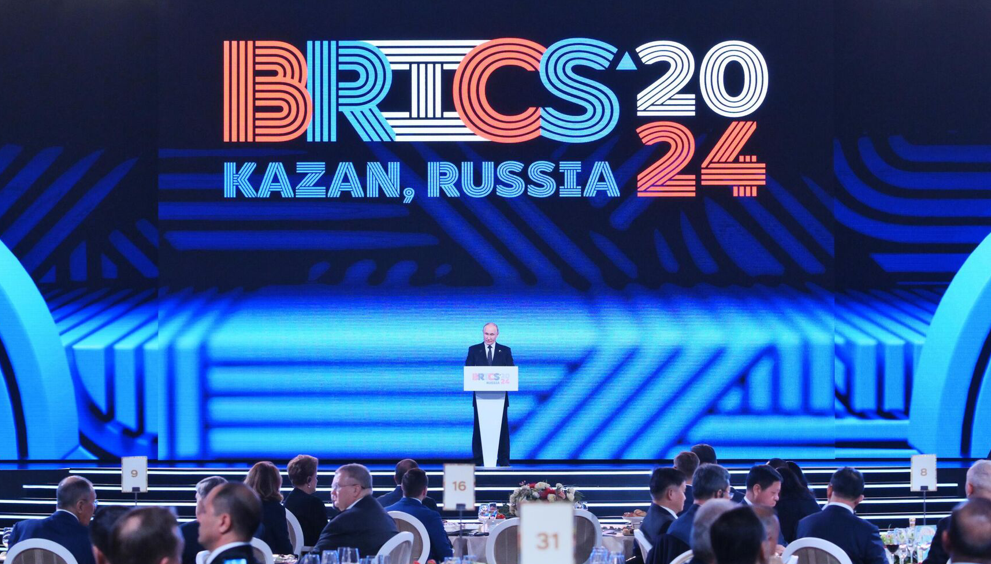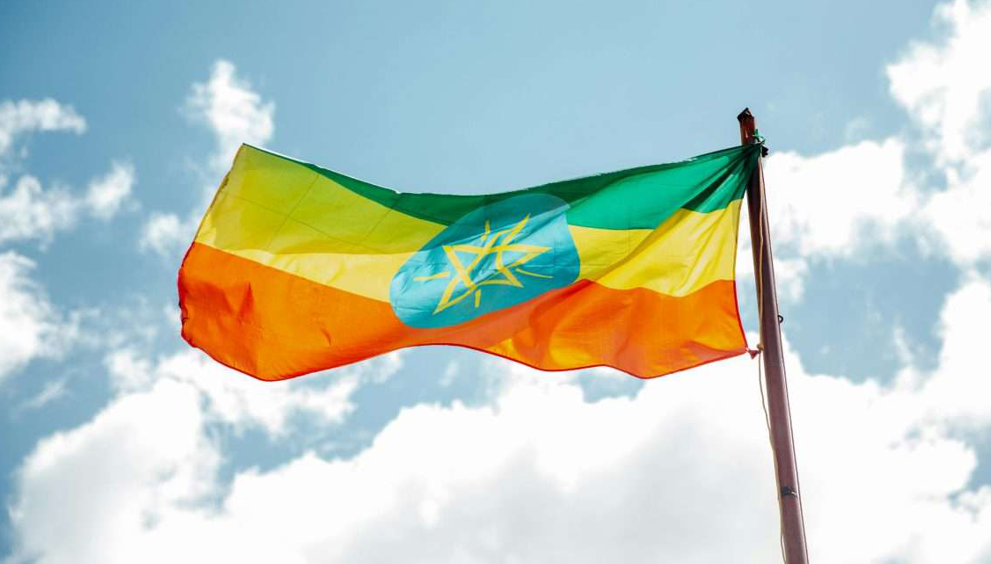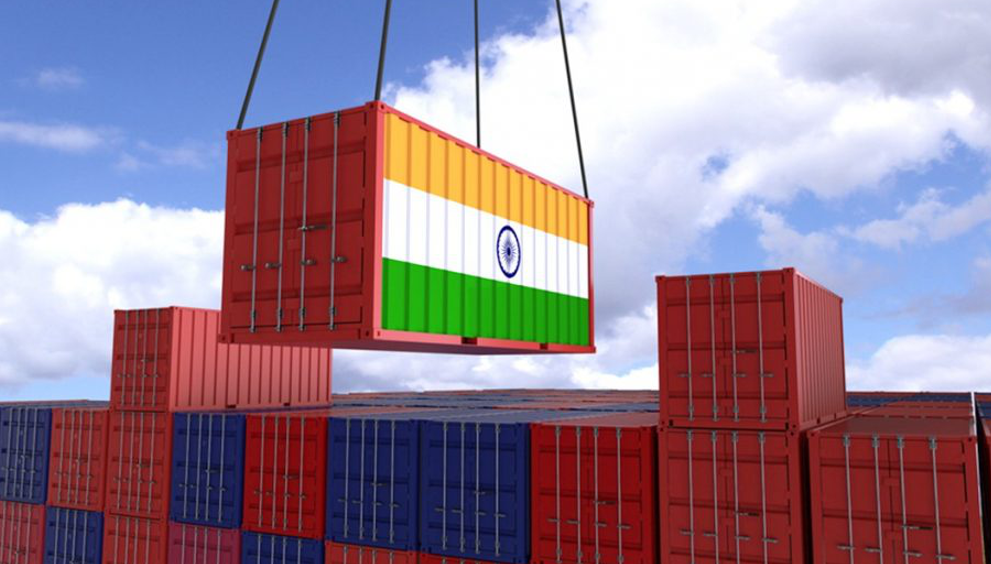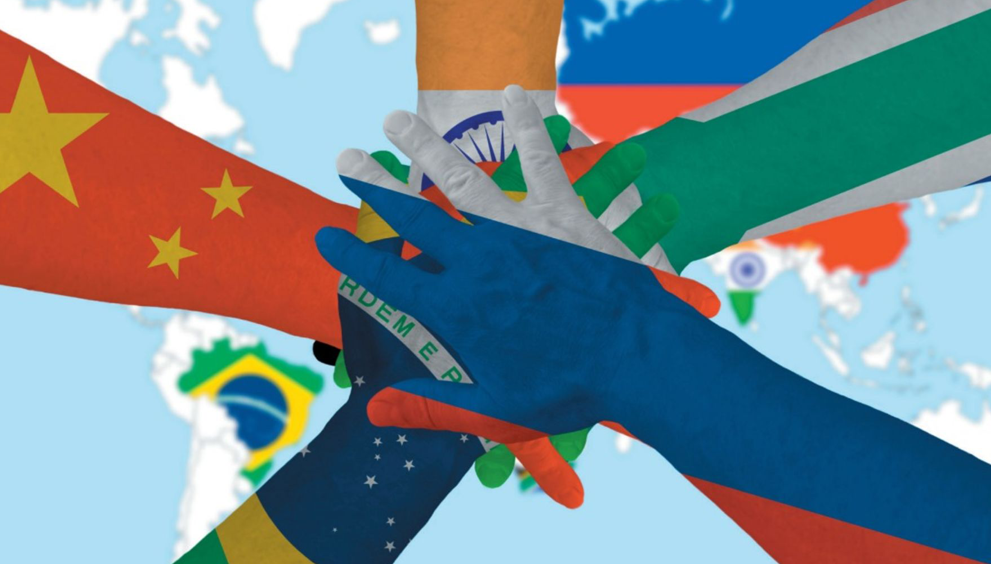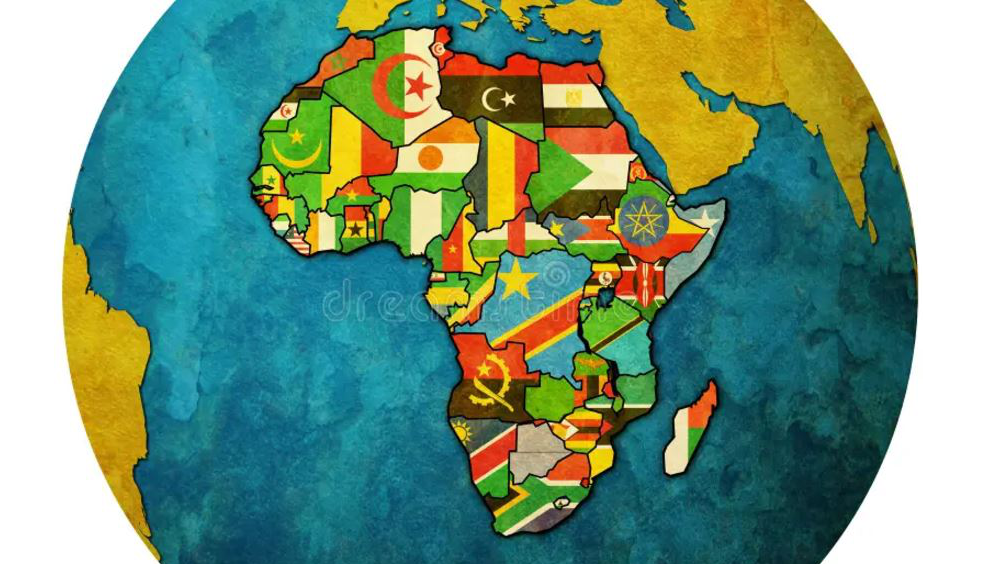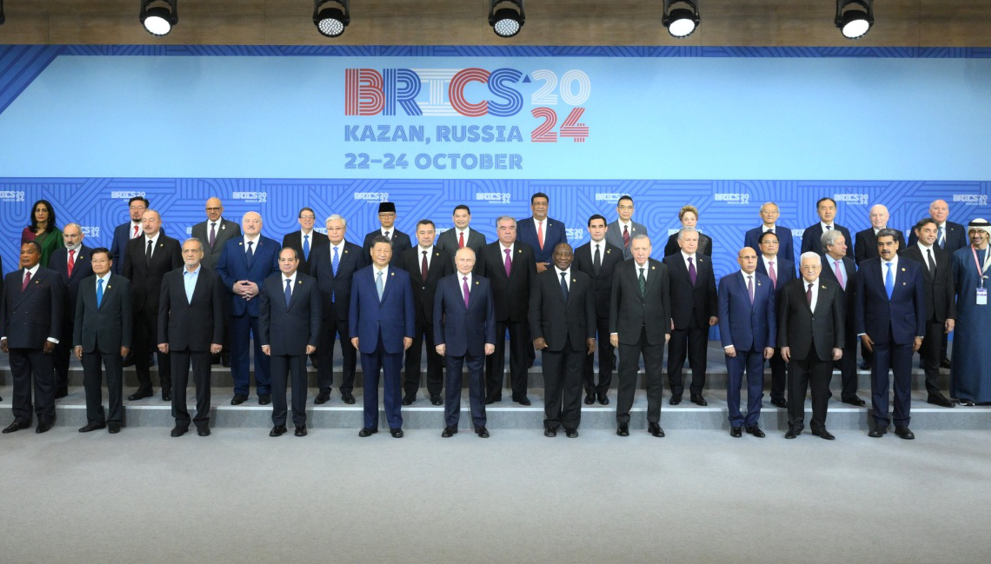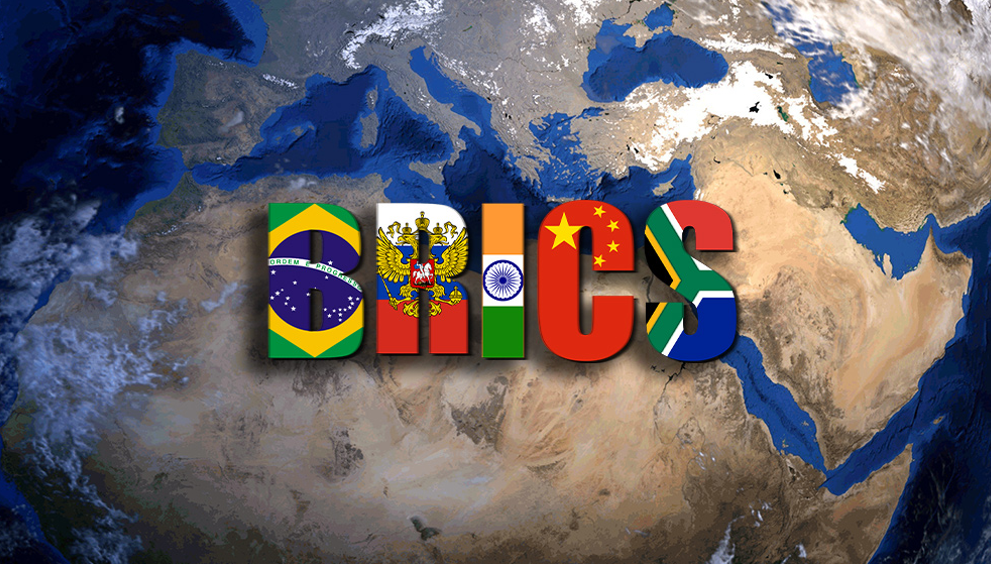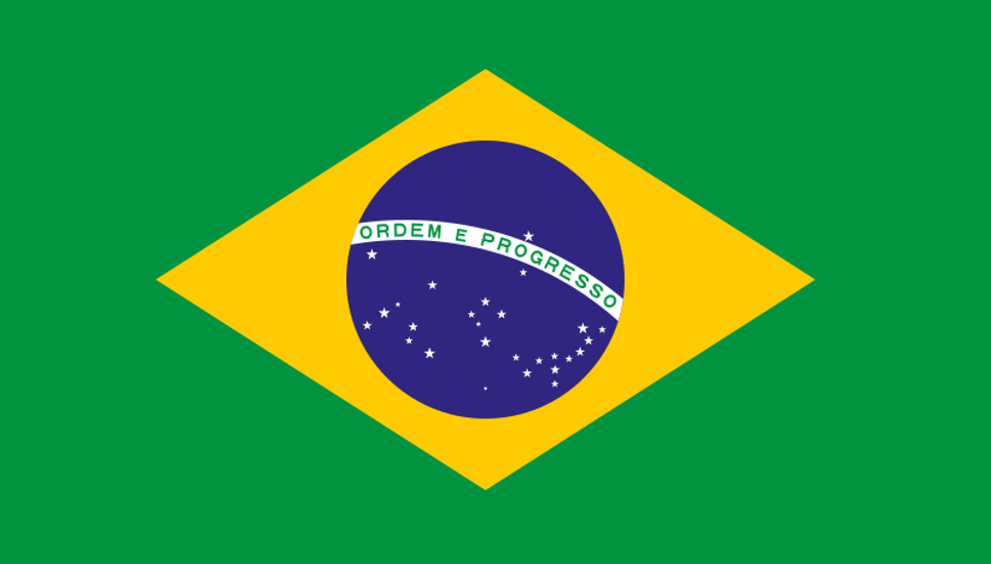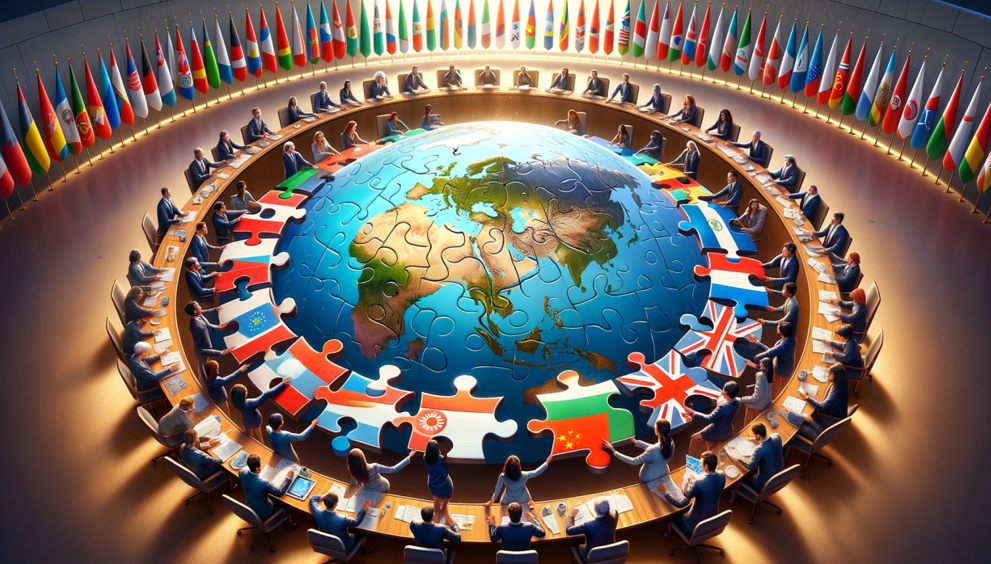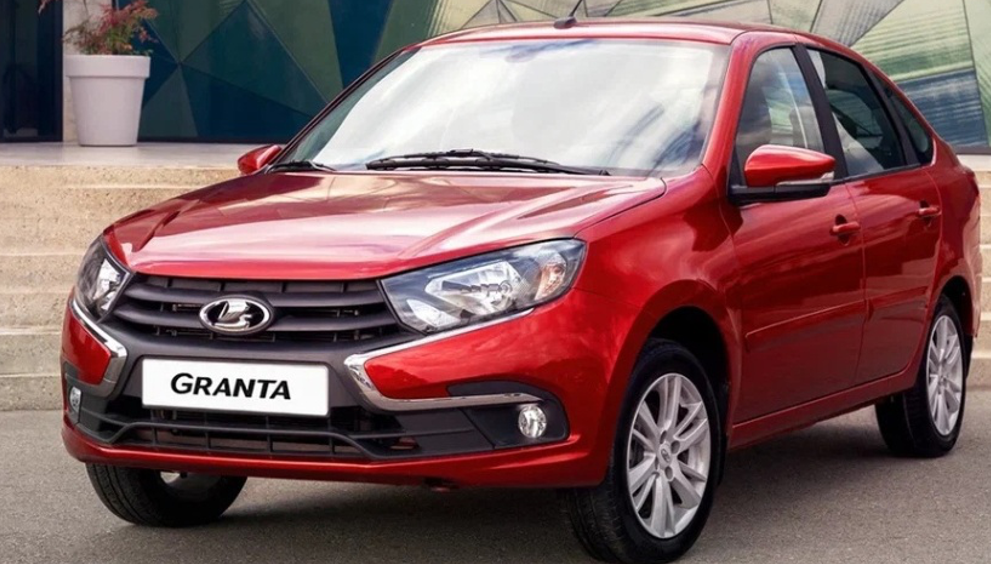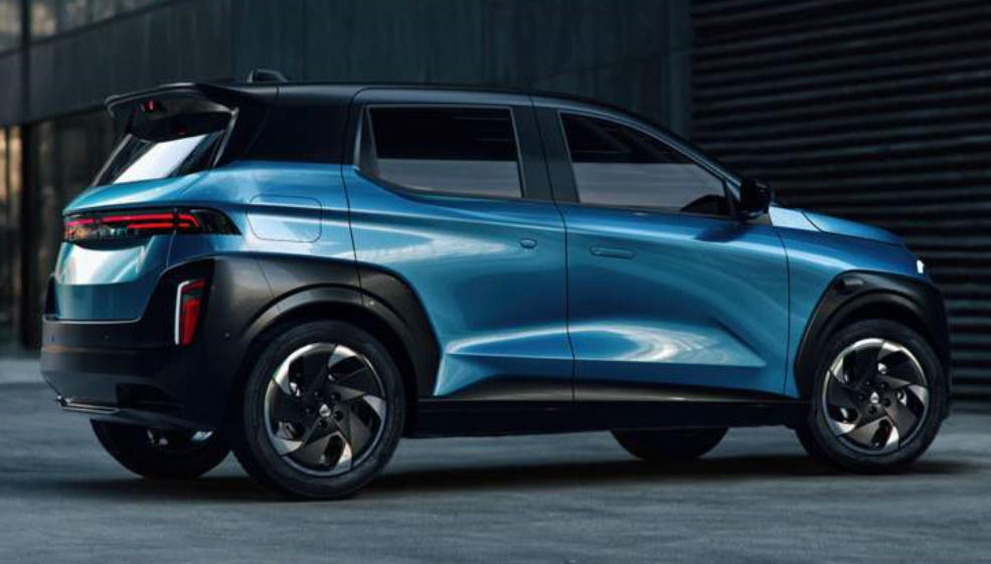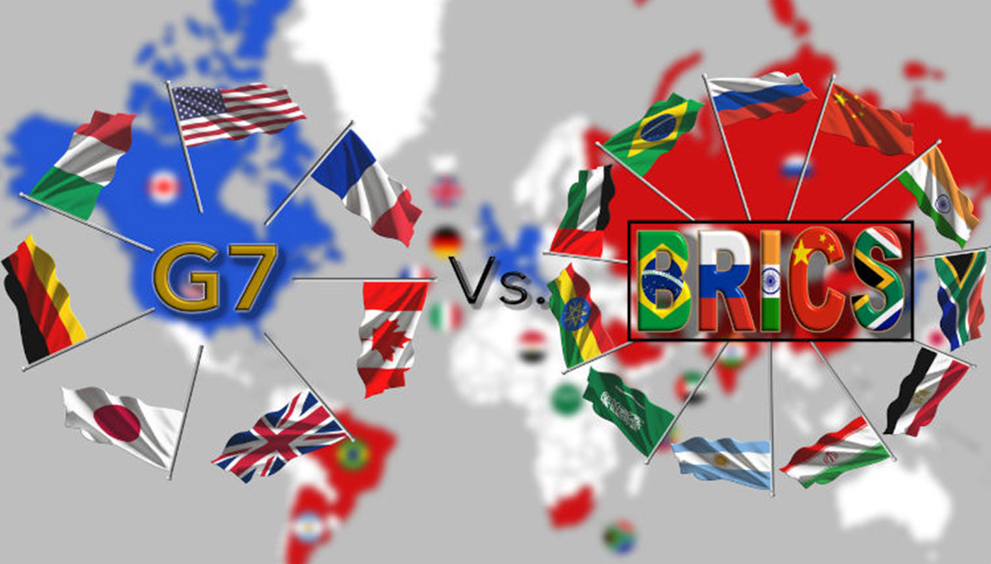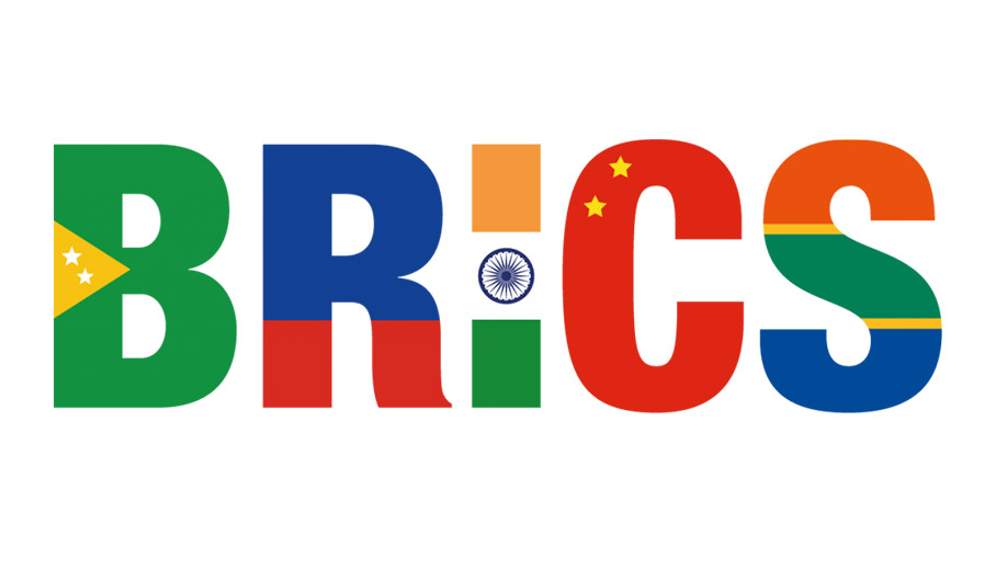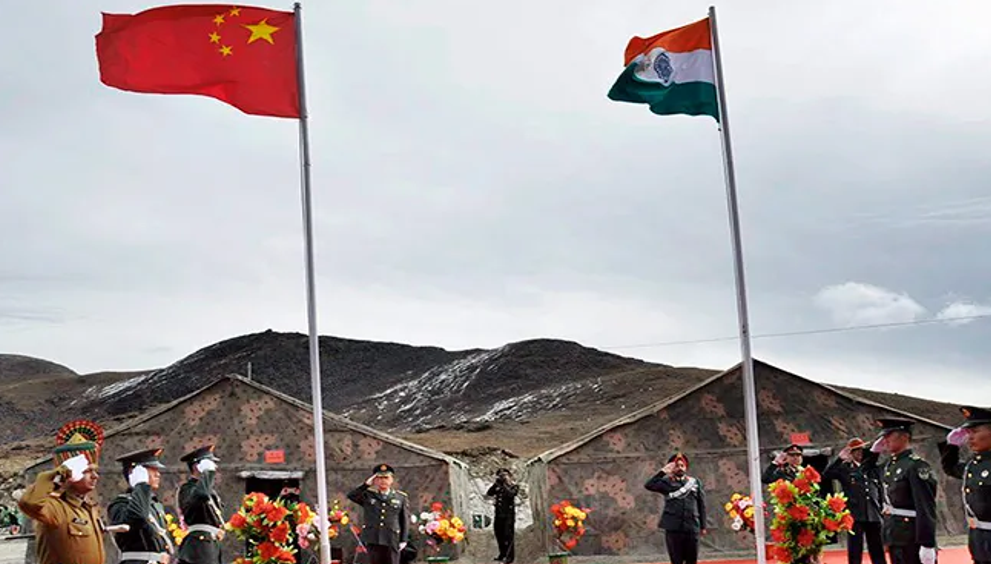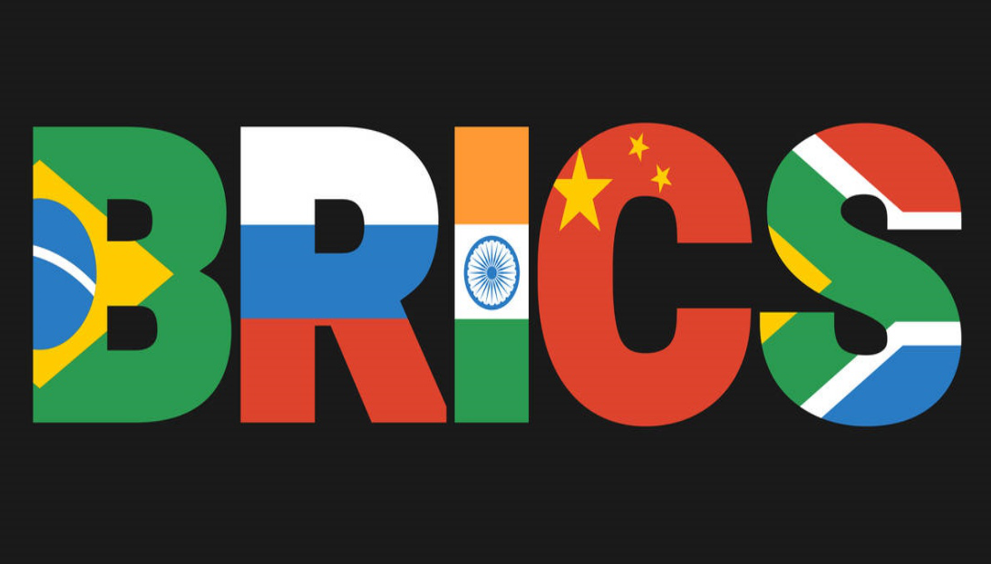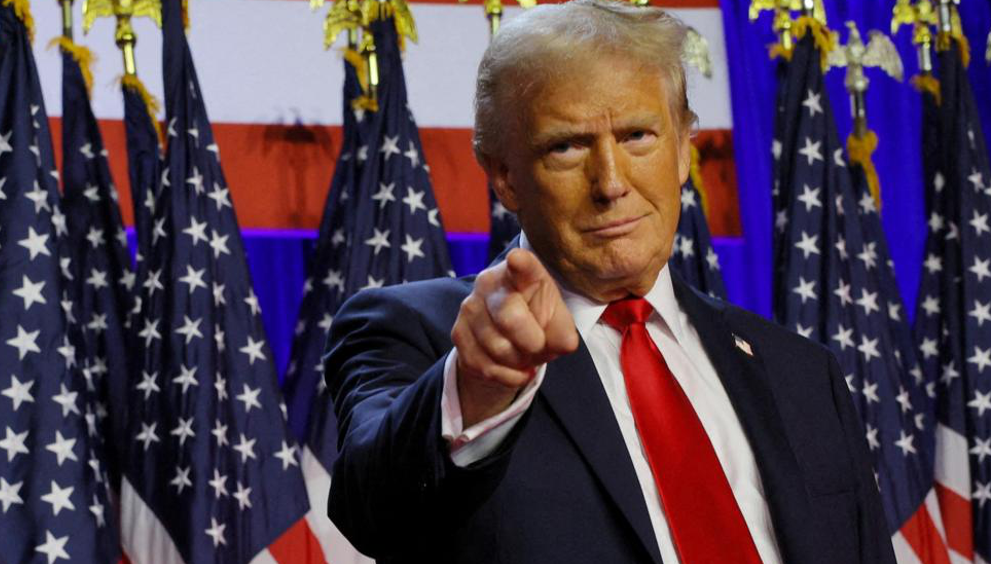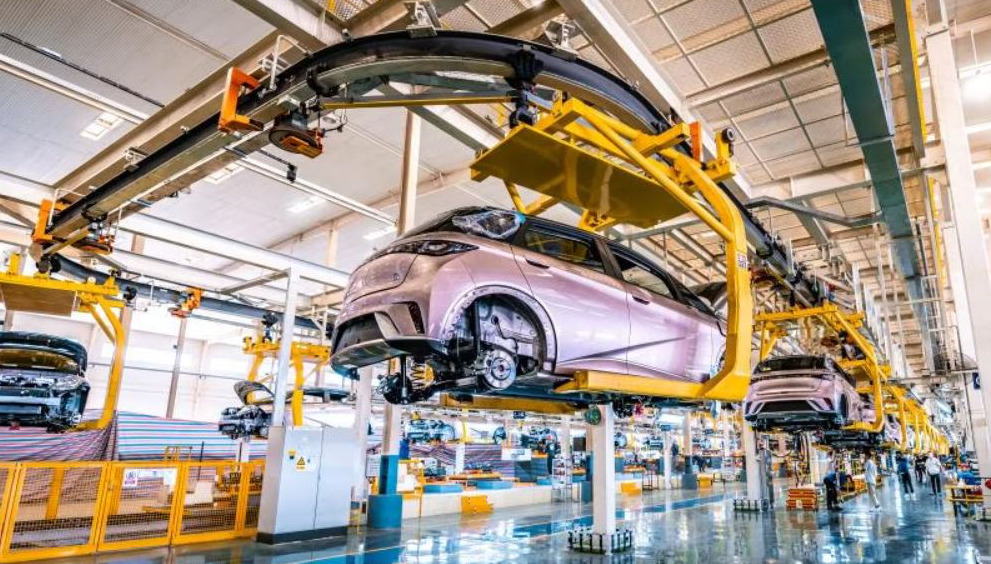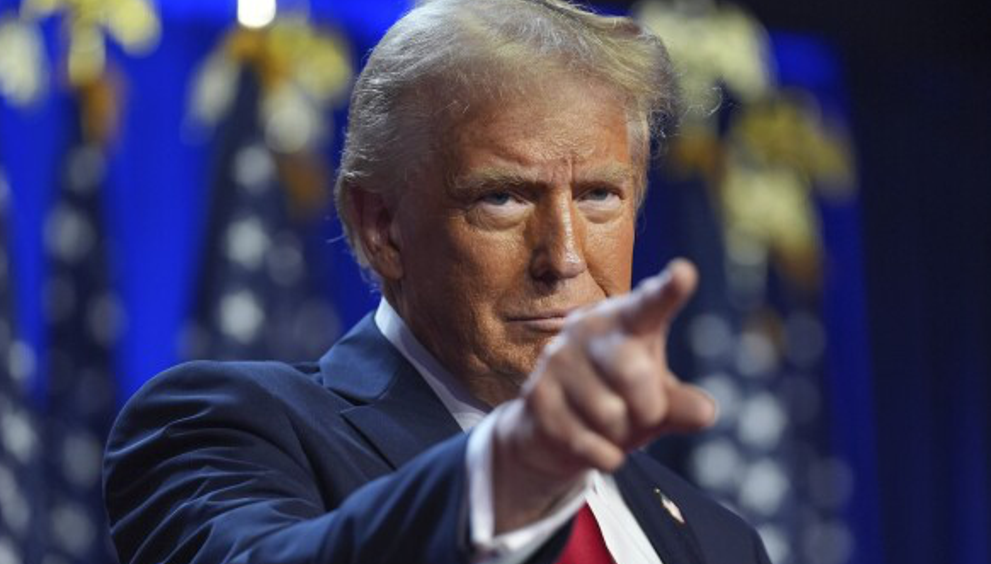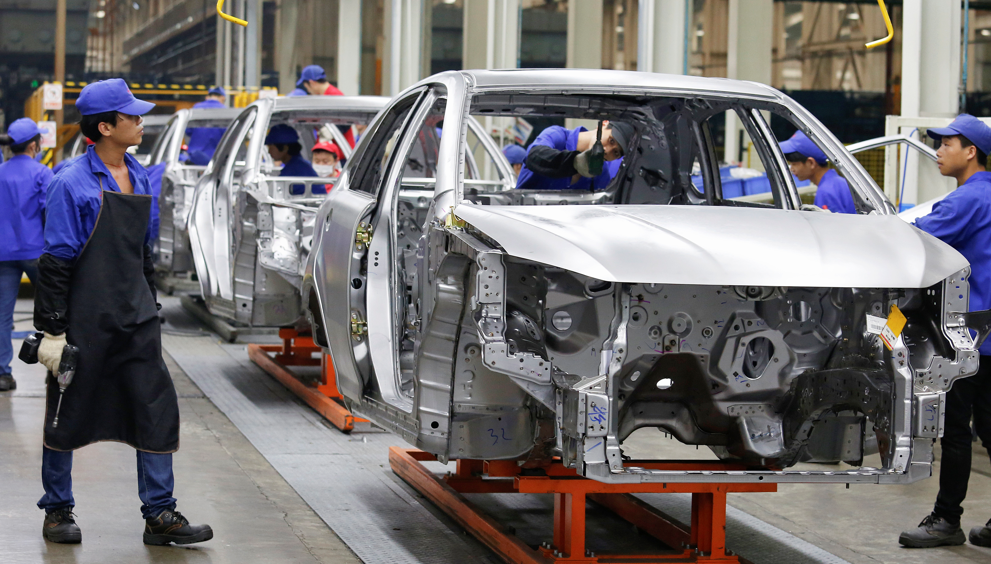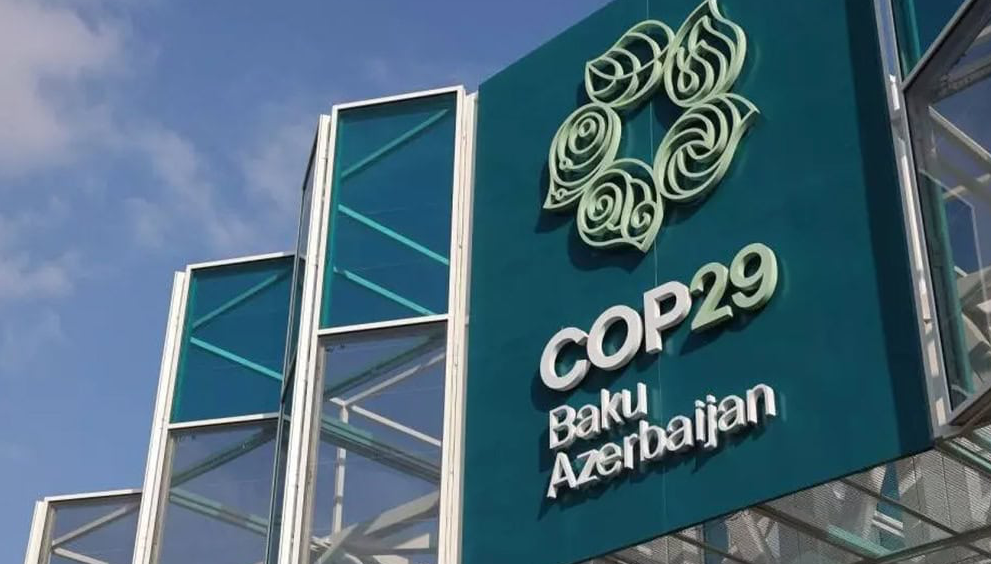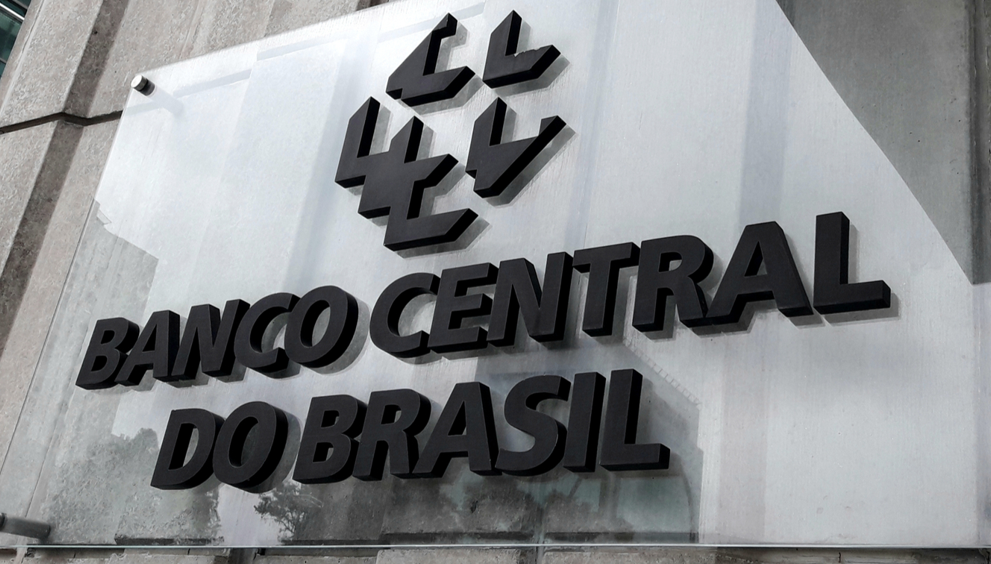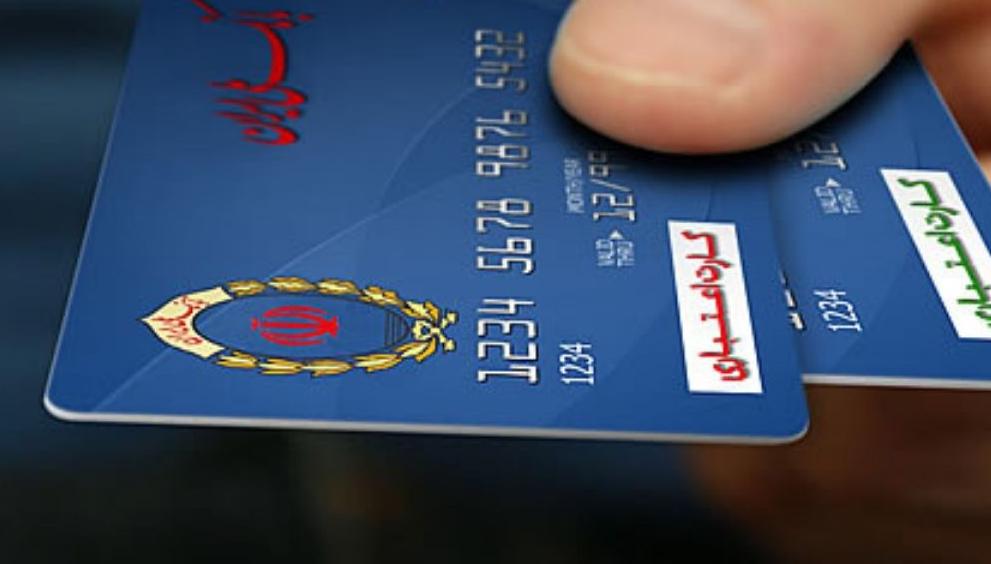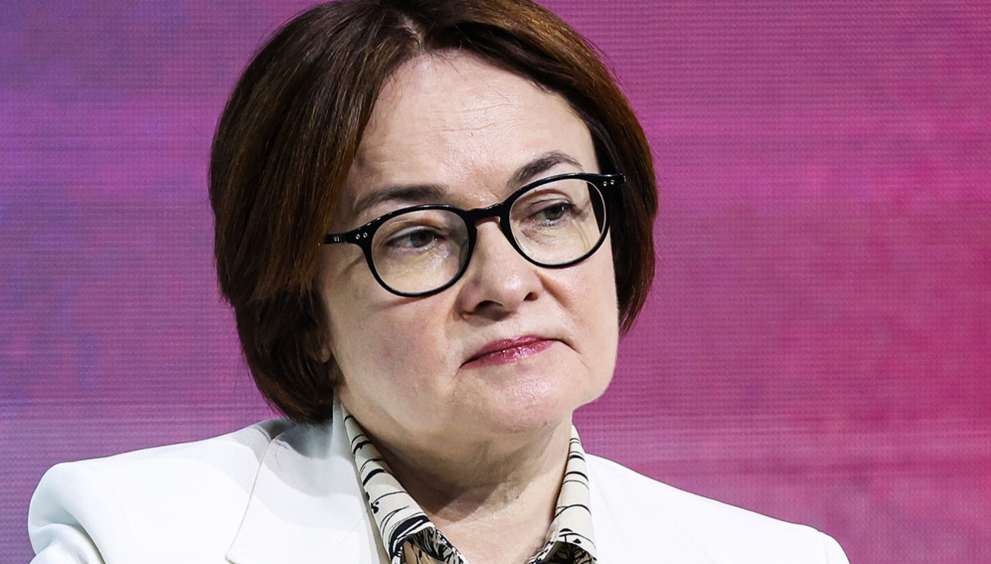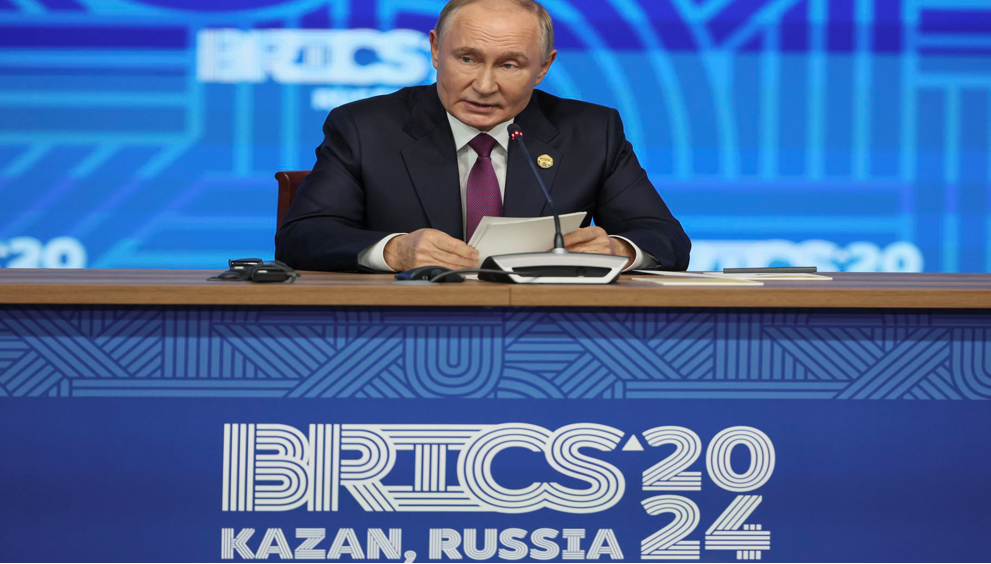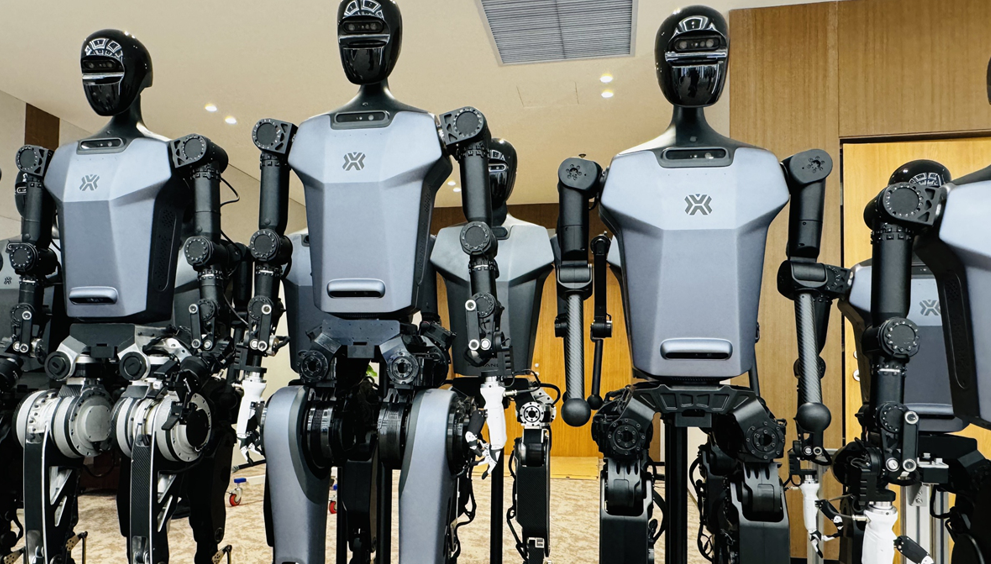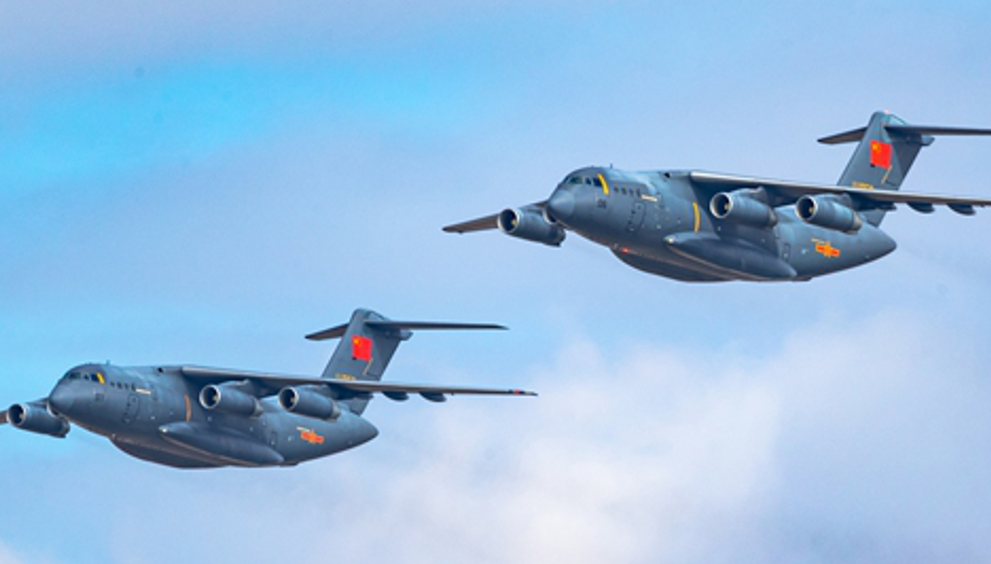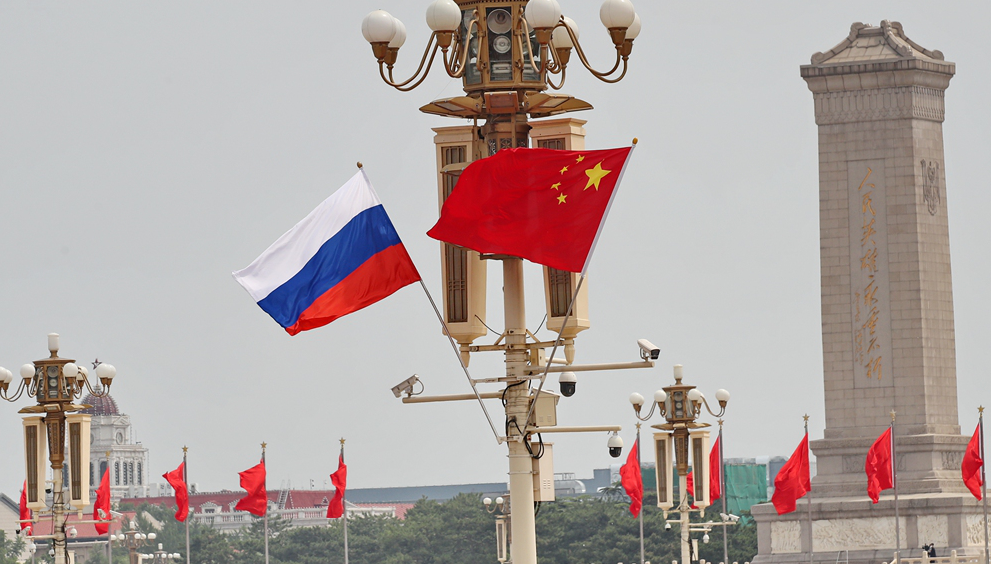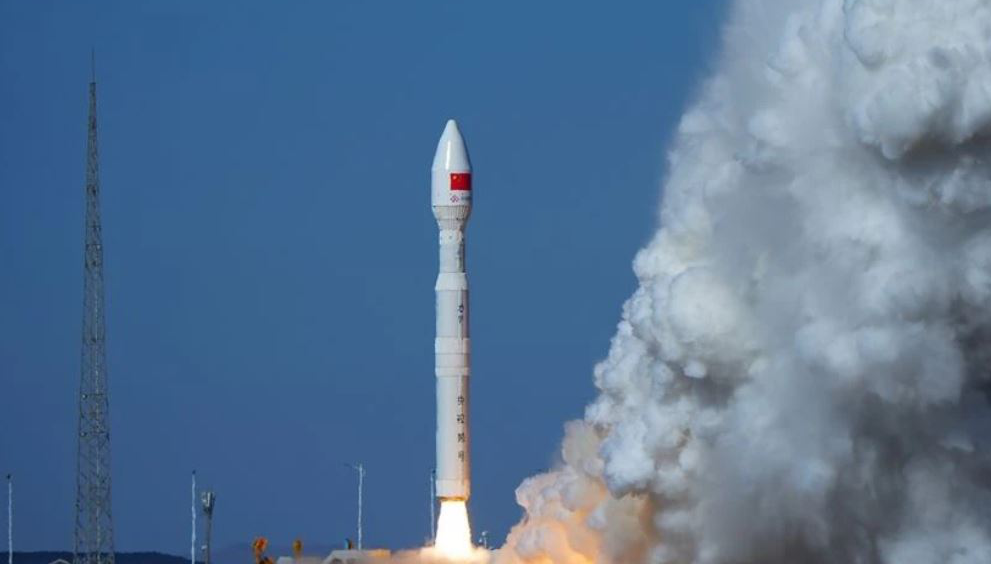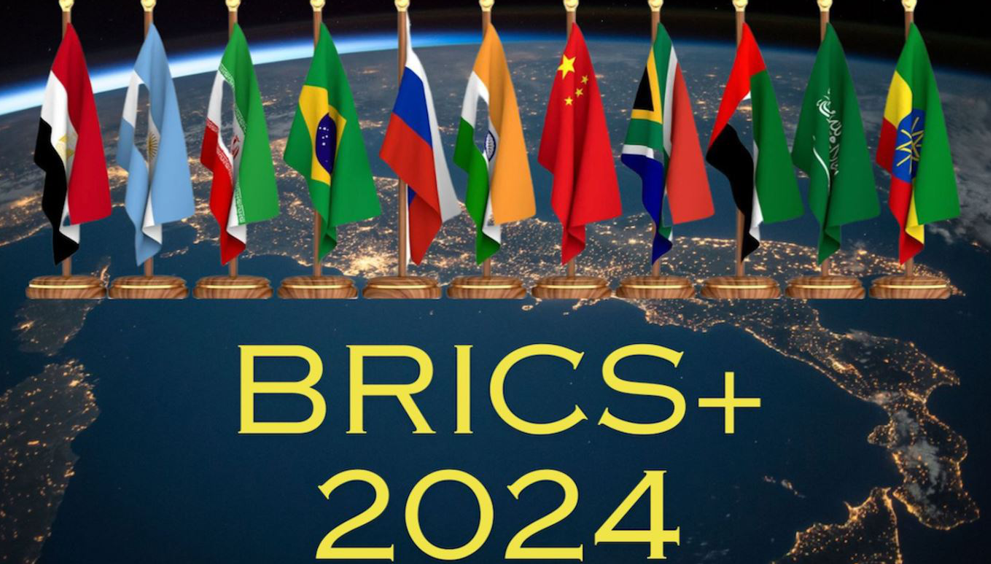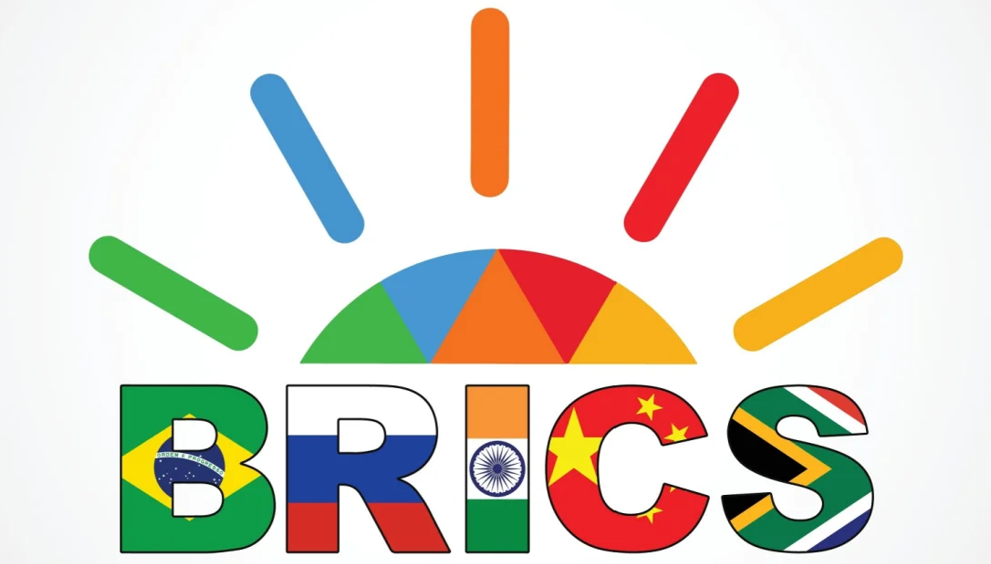Why Is BRICS So Popular Among Global South Countries?
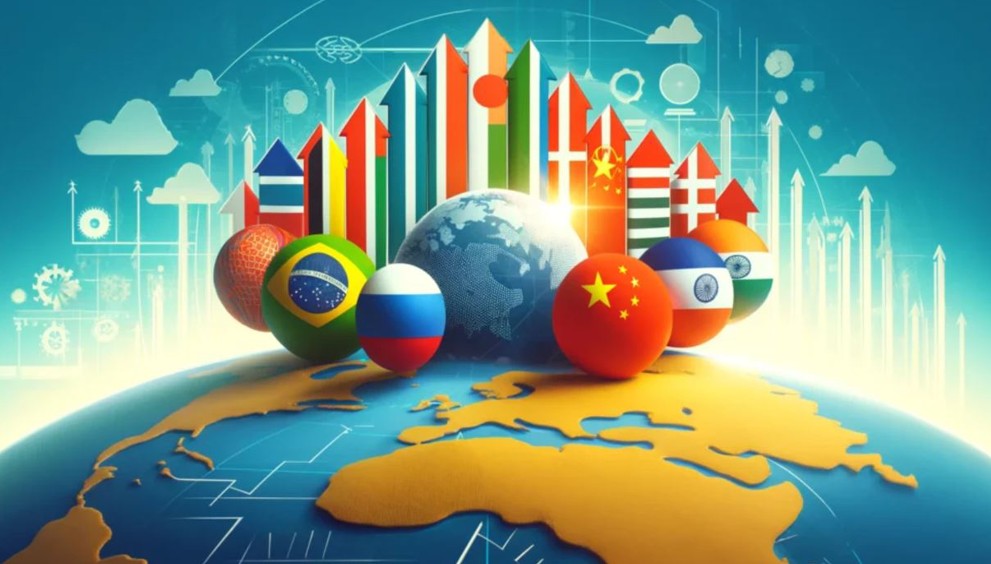
From 22 to 24 October, leaders and senior officials from 33 Global South countries and 6 international organizations attended the XVI BRICS Summit in Kazan, Russia, welcoming new members to the BRICS family and inviting many countries to become partner countries. So far, over ten countries have applied to join the group as partner countries and more than 30 have expressed interest in joining BRICS cooperation. With increasing influence and appeal on the international stage in recent years, BRICS has become a much sought-after mechanism among Global South countries. This is by no means accidental, but rather the result of various causes.
The most compelling reason for the growing influence of BRICS is its composite strength. With the admission of countries like Egypt, the United Arab Emirates (UAE), Iran, and Ethiopia, BRICS now covers nearly half of the global population. BRIC’s GDP, measured by purchasing power parity, has reached US$63.2 trillion, far exceeding the G7’s US$52.3 trillion.
According to the latest forecasts of the International Monetary Fund (IMF), the world economy is set to rely more on the BRICS to drive growth over the next five years, and China alone will contribute 22% of global growth, bigger than all the G7 countries combined.
In the manufacturing sector, BRICS countries account for over 40% of the world’s total output, playing an indispensable role in the global supply chain. In terms of food production, BRICS countries produce 42% of the world’s wheat, 52% of rice, and 46% of soybeans, serving as a pillar of global food security. Just as is often said, “He who gets close to a good tree will have a good shade.” These facts amply explain why the Global South countries naturally gravitate towards BRICS.
BRICS cooperation, as it generates immense benefits, has unparallel appeal for the Global South countries. The New Development Bank (NDB), as a shining brand of the BRICS cooperation, has by now approved over 100 projects with loans aggregating more than US$34 billion, providing strong support for the Global South countries by expanding their financing channels and helping them shore up weak links in infrastructure. For example, the NDB financed sustainable agriculture projects in Brazil, which has helped the country improve agricultural productivity and boosted its rural economy. Trade among BRICS countries has also become more dynamic. In recent years, the growth rate of total trade volume within BRICS countries is much higher than the global trade during the same period. This has injected strong impetus into the economic recovery and development of fellow member countries.
BRICS is a platform for countries with similar historical experiences and development challenges to seek strength through unity. It offers a unique channel for these countries to break free from unfair treatment, speak for themselves and defend their rights. For a long time, the Global South countries lacked power and a cooperation mechanism that they could truly call their own. BRICS cooperation mechanism has changed the situation. By bringing together the power of the Global South, championing peace, development, innovation, green development, and equality, BRICS has made global governance fairer, more equitable and inclusive.
For instance, a few countries have exploited the U.S. dollar tide to repeatedly drain wealth from the world to the detriment of the Global South. By establishing financial institutions such as the Contingent Reserve Arrangement (CRA), BRICS has made the international financial system diversified, thus effectively preventing the Global South countries from being exploited.
BRICS cooperation rejects small circles, providing vital opportunities for solidarity and collaboration among Global South countries. BRICS upholds the principles of openness, equality, and solidarity, and draws no lines based on ideology or geopolitical interests. Any country can apply to join as long as it meets the criteria. That’s why numerous Global South countries are queuing to apply. This open nature is unprecedented. For Global South countries, it is next to impossible for them to enter the Western-dominated multilateral platforms. Though occasionally invited, they are often insignificant participants without a true “seat at the table” and may even end up being listed “on the menu”. The establishment and development of the BRICS cooperation mechanism has shattered the “center-periphery” model in international relations. It enables countries to participate in the mechanism on an equal footing and according to their own will, giving them a strong sense of identity and belonging.
BRICS countries build partnerships based on equality, openness, cooperation, and mutual benefit. This is in line with the underlying trend towards greater democracy in international relations and meets the core interests of the Global South. In contrast, some countries are building exclusive circles behind closed doors, attempting to block Global South countries’ way to development. What they are doing is in fact isolating themselves. The Global South therefore needs to make the right choice, and engage in greater BRICS cooperation more actively. Only in this way can we have brighter development prospects.


 English
English 